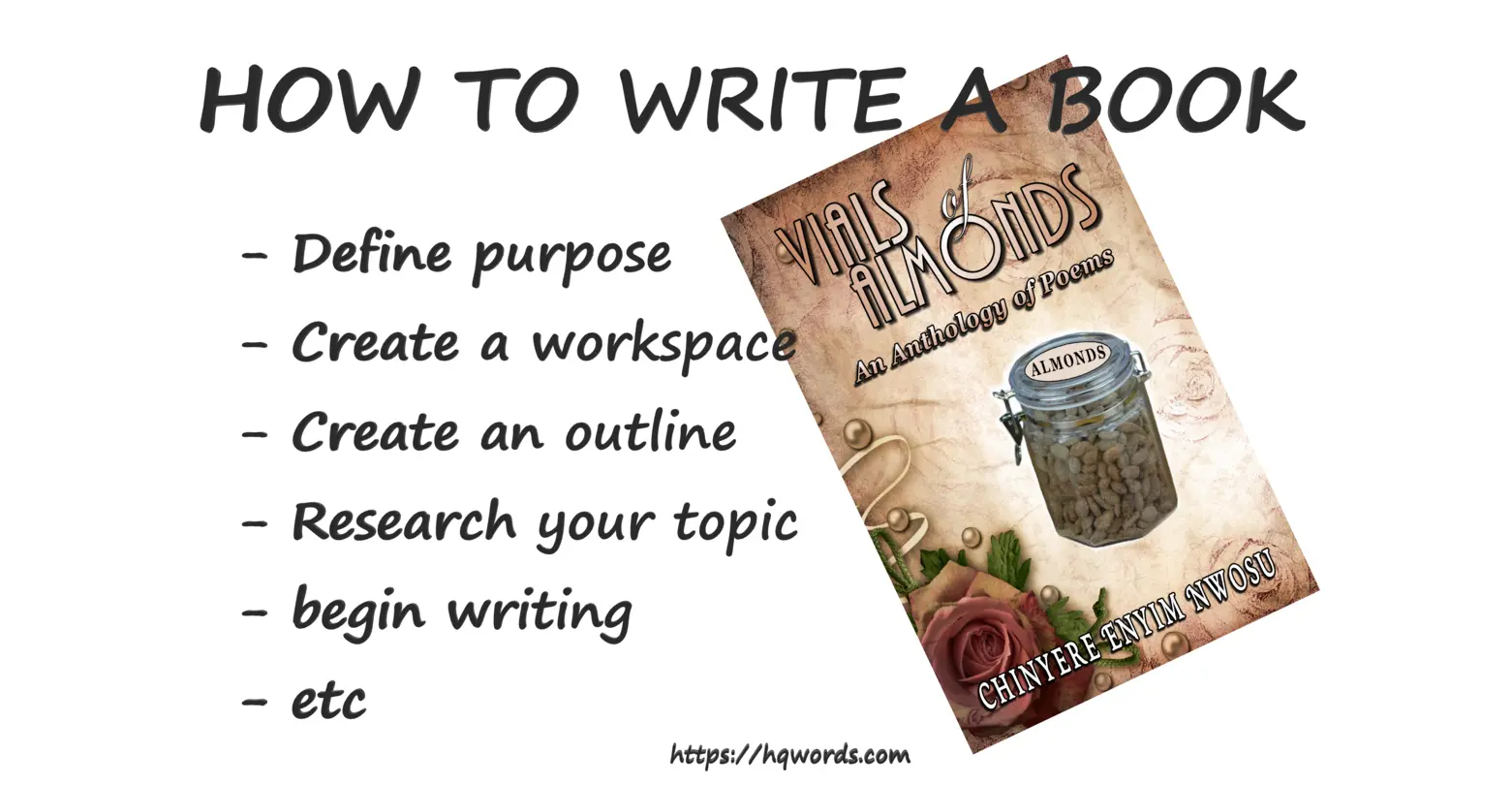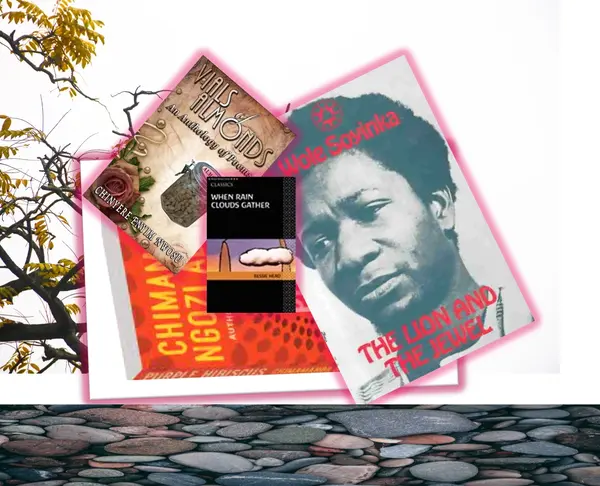
How to Write a Book
Do you have a story to tell or some colourful word strings of poetry that you want others to read? One way of passing your message is through a book. Have you started looking for how to write a book? This article is just what you need.

How to Write a Book
Writing a book is a great and noble feat for a new writer. For seasoned writers, it is ‘a part of the deal’ kind of stuff. You know, to write is a very big-normal deal. To budding writers – it is big, to pros – it is normal. The pros can easily pick words from their endless shelves, while the young writers struggle to compare and contrast. The title of this article is for the budding writers who dream of becoming professionals and renowned either locally or internationally. But who wouldn’t seek international recognition anyway?
There is something important to note before you decide that you cannot do this – write a book. Anyone and everyone who has a story is a writer! People don’t just wake up and start scribbling and making a great writer. They must have had a story going on in their minds, nurtured, planned, and finally, culminated. They learn how to write a book. This is why everyone can become a writer, and YOU too!
Where to start while writing a book
You must have defined what you are writing or planning to write. Have a reason for writing and know to whom you are writing. What type of book do you want to write, and the best channel for it? Note that you start writing a book or story from your mind. Once your purpose is defined, you venture into writing. It is simpler than it looks.
Read Also:
- A Grain of Wheat – Summary
- Summary of the Lion and the Jewel by Wole Soyinka
- What are the Elements of Drama?
- Letter Writing

How do I start writing?
❖ Definition of writing purpose
You have to start writing by reading. Before this, you must find out why you want to write – Is it a hobby, for fun, vocational, or avocational? If it is passion, you can develop two traits at a time. Though some people write for the sake of writing, you can turn your passion into your career. This is why defining your purpose comes first. The next is to read similar works which reflect your niche.
❖ Motivation
Your reason for writing must remain unchallenged, lest you waver. You have to set your daily target – maybe, a word limit per day or several chapters you can take daily.
❖ Workspace
To achieve the above, you must set up a workspace or office for your writing. This is to help you focus, as they say, – ‘zero your mind’ to produce the desired effect. Your workspace mustn’t necessarily be an office – it could be anywhere. You have to figure out yourself and what works for you. For some writers, it is the park that inspires them. They write quite a volume whenever they visit the park. Other writers probably get discouraged and distracted when they’re in noisy areas.
Me, I love music. I write really well that I can do a book or several articles while listening to a soulful song. Many writers dislike this trait – this is why you should find yourself, observe what works for you, and then embrace and welcome it to your writing journey.
In your workspace, you’ll agree with me that you have to be comfortable. You should relax wherever you call ‘office’ because a single ache can demotivate and stop you from continuing.
❖ Draft your outline
Once you are settled and comfortable with your workspace, what you’ll likely do next is draft an outline. Your daily schedules and writing time. Every writer (including newbies) must have at least 1-2 hours of their daily activities dedicated to writing. Everything is simplified – you can use your smartphone to
schedule your activities, and organize your to-do list.
❖ Research your topic
This is for non-fiction writers in general. You must learn to research what you want to write. For fiction writers, it is about reading. When you employ the ‘research’ tool in your work, you will not only be factual in your arguments but distinguished. It also makes other researchers and readers revere your work.
❖ Write your book
Every step mentioned above is necessary but not mandatory. You can decide to start writing from your bed, your bathroom, or anywhere. Ngugi Wa Thiong’o, a proficient African writer, wrote on toilet paper while in prison. History has seen people who wrote on leaflets, book crumbs, and pamphlets – some are still at it. When taking the journey of writing, you must learn to ‘scribble something down, especially when you are charging yourself to be consistent.
❖ Finish the draft you started.
Some reasons made you abandon your work. Examples include – Writer’s block, Doubt (demotivation), and Distraction.
Either of the three, there is always a need to go back and finish the book. There are chances that you will abandon the work or forget about it totally – you might lose it too. It is always important to go back and finish the draft. There is a tool you must employ here, consistency. You must be consistent enough to be called a writer or claim the title.
❖ Edit and proofread your work
When you set an exam for yourself, you will likely ace it. This is why it is not advisable to edit or revise your work by yourself or do the first editing. After the proofreading, send the second draft to a friend or a professional to do the final touches. This guideline is for standard works, free of grammatical and typographical errors, to grace the audience and serve its purpose.
❖ Publish your work
This is the last stage of your writing exercise. There are many websites to publish your work on if you want to make it an e-book. There’s Amazon, Bookbaby, Lulu, etc. Many platforms out there also want you to finish that story and publish it on their website. Some of these platforms pay you, while others
take their percentage.
However, if you decide to produce or publish your book offline (hardcopy), you can work with publishing companies. The publisher will take in your work, edit, format, and finally, publish your work. . Before the upsurge of the online publishing companies, the offline thrived and are still playing their role in making the dream of writers come true. Contact HQ Words for editing and publishing services
Conclusion
If you have gone through this article, you found that the writing journey is almost seamless. There’s a heavyweight behind the writing field. I can call it the driving force – it’s called consistency. Without this driving force, you will only take a few years to finish your work. Browse our platform to find more about other writing tips that will propel your journey and make it successful.

[…] How to Write a Book […]
February 25, 2024 at 2:44 pm